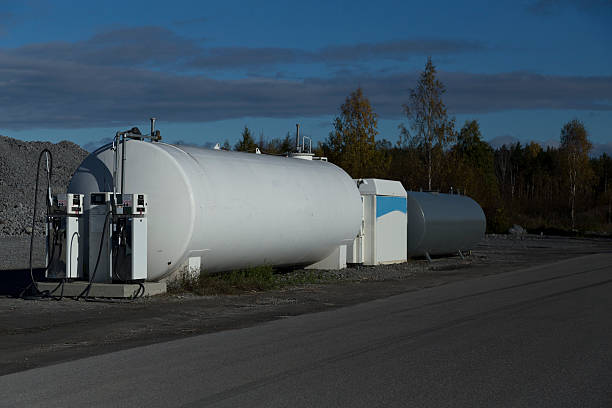Urban Propane Delivery: Overcoming Obstacles
Strategies for Navigating Urban Challenges Delivering propane in urban environments presents unique challenges compared to rural or suburban settings. From navigating tight city streets to adhering to stringent regulations, urban propane delivery requires innovative solutions. Here, we highlight effective strategies for addressing these challenges and ensuring reliable, efficient service within cities. Optimizing Route Planning In… Continue reading Urban Propane Delivery: Overcoming Obstacles



